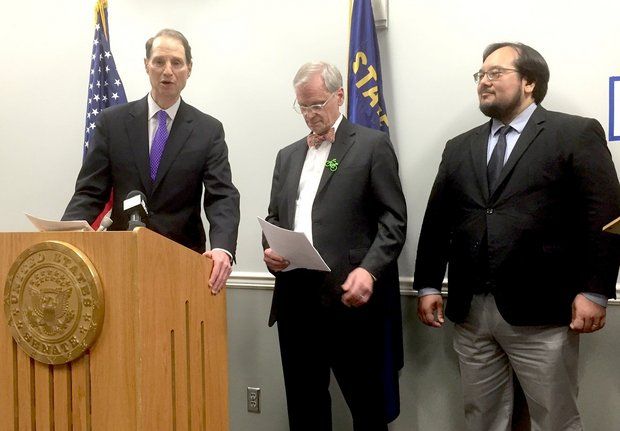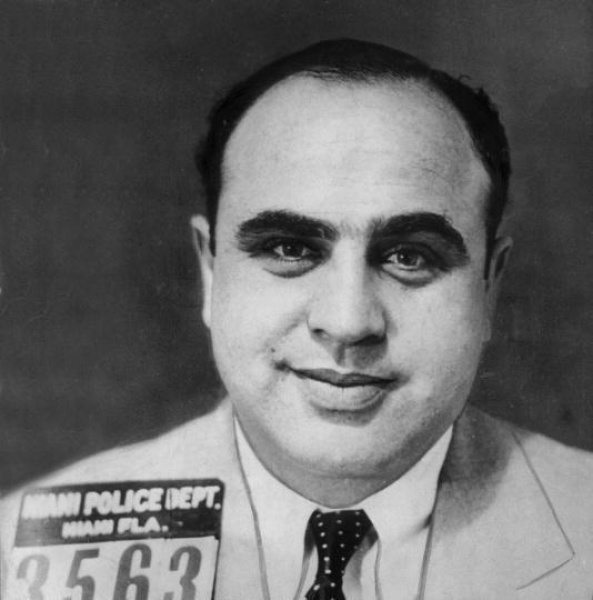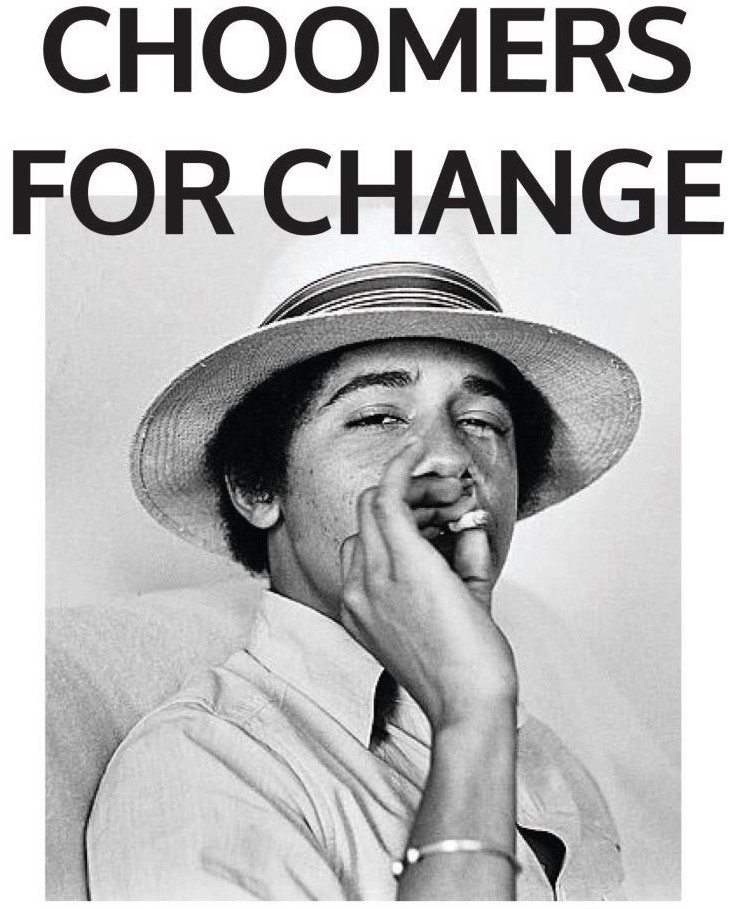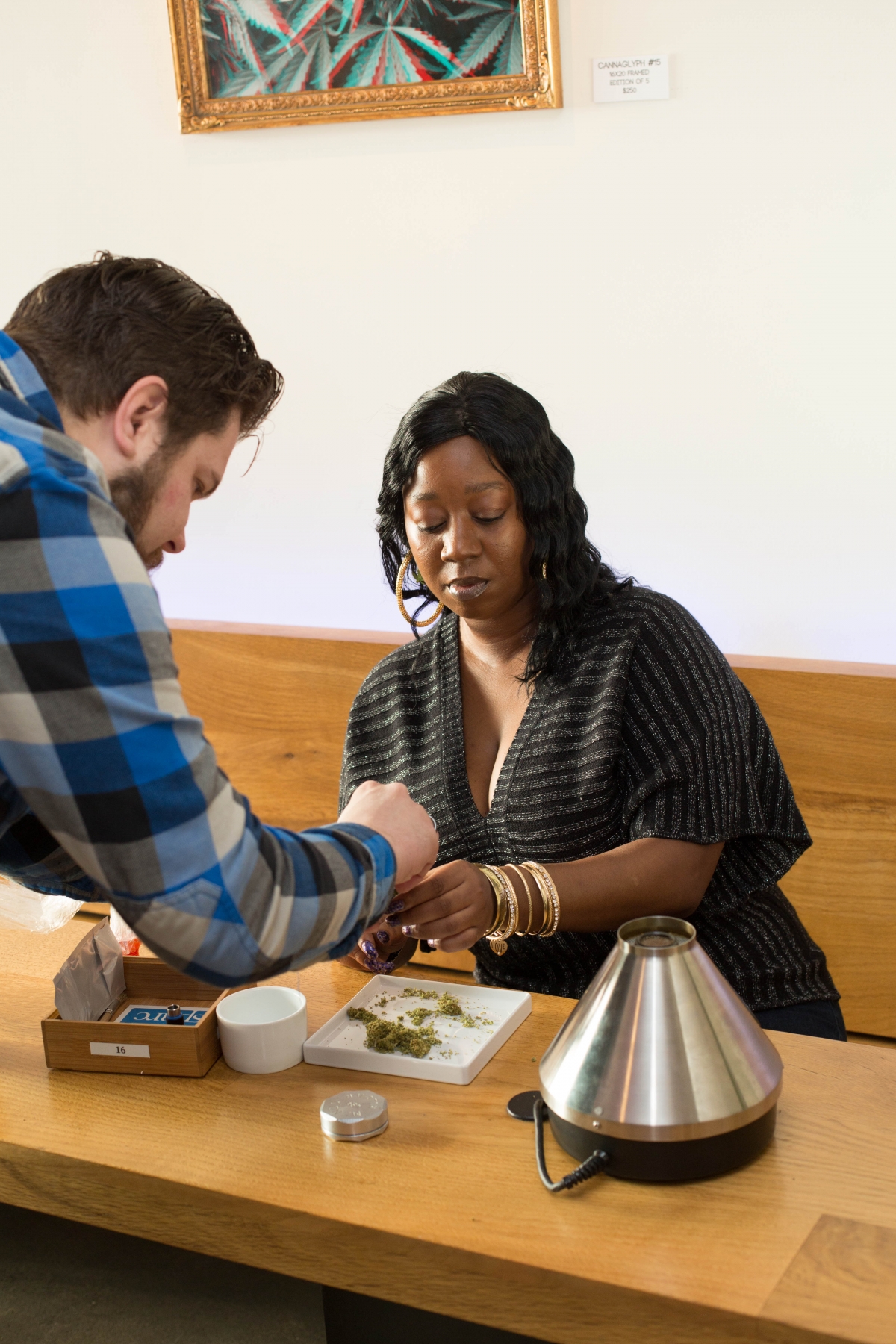Cyd Maurer has been in the news a lot the past several days, especially if you follow marijuana policy. The former KEZI news anchor’s termination for using cannabis in her off-time, in a state that recently legalized cannabis with more than 56% of the vote, has struck a chord with a lot of people and has demonstrated the many inequalities that the cannabis community faces in their everyday lives. While the first states to legalize marijuana have dealt with the most important aspect of reform, keeping more people out of prison, employment law, custody issues, expunging past marijuana convictions, and access to proper medical care, such as organ transplants, are some of the next issues that reformers must, and will, tackle.
I had the opportunity to speak with Ms. Maurer for a bit and send her off some questions. I found her to be an extremely pleasant, articulate person with her heart in the right place. I shared the fact that I was about the same age as her, 25, when I first starting doing interviews and debates, supporting marijuana law reform efforts when I was a law student at the University of Missouri-Columbia, and that I wished I was as sharp as she is at such a young age. Despite what she has unjustly gone through, she doesn’t seem to suffer any animosity at anyone, she just knows that employment law needs to change and that the cannabis community deserves true equality. Most importantly, Cyd Maurer hopes that her ordeal and story can help improve the lives of others. I’m honored and thankful for the opportunity to help her describe her experience in fuller detail.
How would you describe your upbringing? Relationship with friends, family, high school experience, etc?
I am the youngest of four children, raised in a Catholic home. Being the baby sister, I’ve always really looked up to my older siblings and learned a lot from them. I was always a good student with lots of friends, and I loved to be involved in as many different activities as possible. Throughout high school I took honors and Advanced Placement courses and graduated with a 3.89 GPA. I was involved in National Honor Society, Orchestra, Choir, Speech Team, Mock Trial, volleyball, swim team, and softball. My senior year, I was one of ten seniors chosen in the fall to participate in “Oly Pageant,” a yearlong fundraiser for Doernbecher Children’s Hospital in Portland, Oregon that culminated at the end of the school year with a mock pageant in downtown Salem. I also served as our Senior Class Historian, and soon will be in charge of planning our class reunions. (That I really hope I can convince people to come to!)
How did you get your start at KEZI and how long did you work there? How would you describe your work experience?
I started at KEZI at the end of August 2013. I got my first reporting job for another news station in Eugene one week before I graduated from the University of Oregon’s School of Journalism and Communications. I was quickly promoted and was filling in at the anchor desk after just six months on the job. After exactly one year there, the station went through a sale and I, along with almost the entire news staff, was laid off. Thirty of the fifty or so employees lost their jobs, but a handful of us were quickly hired by KEZI. I started my anchoring position with KEZI less than two months after losing that first job, and worked there for a year and nine months.
When did you first start using cannabis?
I started using cannabis in college. Growing up in Oregon, I had been around it a couple times, but only tried it once in high school. I wasn’t afraid of it by then, just like I wasn’t really afraid of drinking alcohol, but what I was afraid of getting in trouble, so I was never a partier.
What were you taught about cannabis? Did anything surprise you about the experience?
My first experience with cannabis was in elementary school DARE. I remember learning that all drugs were bad and marijuana, like all other terrible drugs, will make you lazy and will force you to drop out of high school. I quickly learned that marijuana was actually more on par with alcohol, but that adults just had to hide it because it wasn’t legal. When I actually started experiencing both alcohol and cannabis on a more regular basis in college, I slowly realized I really preferred marijuana. I’m not anti-drinking whatsoever – I love a good Oregon craft brew or a glass of Oregon wine now and then – but it just usually doesn’t sit well with me.
Surprisingly, the first term in college that I smoked regularly was the first term I earned a 4.0 GPA. I’d make sure to finish all my daily responsibilities of school, work, homework, meetings, working out… all in time for some marijuana, dinner and Jeopardy. I found that marijuana was something I could use responsibly in my free time without negatively impacting my academic performance the next day, as opposed to alcohol. I graduated the U of O after four years with a 3.59 GPA.
You obviously don’t fit the usual “stereotype” of the cannabis user? Have you met other users that also didn’t fit the stereotype? Can you explain how they broke through the stereotype?
I have actually met far more cannabis users who do not fit the stereotype, than those who do. The problem is that many people can only identify really “obvious” cannabis users and assume that all cannabis users fit the same mold. Because many people who haven’t been exposed to marijuana use have negative associations with it, they can only see marijuana users who appear in pop culture as lazy and unmotivated. Few people would assume that I use cannabis, so my appearance, actions, and personality challenge their preconceptions about cannabis users. In my experience, the normal cannabis user is a good, hardworking, and decent person who simply enjoys relaxing with friends and family after a hard workday.
How has the experience been since you have come out of the “cannabis closet”? Anything surprise you?
This experience has definitely been wild. I didn’t know how much attention and feedback my message would receive, but so far the response has just been incredible. So many people are reaching out to me, thanking me for joining the cause, or for just being the voice they can’t be. People have sent me personal messages saying they wish they could support me in public, but can’t for fear of losing their job, for fear of being exiled from their friends and families, or for fear of getting in trouble with the law. I think the immense outpouring of support shows how important it was for me to come forward with my story – it obviously struck a chord with a number of people. I was also surprised by the degree of negativity in some of the comments, tweets, and posts. I wanted to start a conversation, and personal attacks have no place in that conversation.
Any changes to the law that you would like to see regarding marijuana policy?
I definitely think that the employee drug testing policies need to change. Companies should not be held liable for trace amount of inactive THC in an employee’s system. Until a more accurate drug test exists that can efficiently, non-invasively and accurately test whether someone is impaired at the time of the test, the tests will remain discriminatory against people who use marijuana while off-the-clock. Though my argument is centered around recreational use, this is especially important for people who rely on medical marijuana for health reasons.
Ultimately I would like to see marijuana policy reflect policies toward other prescription medications and toward alcohol use. Policies need to ensure that cannabis users are treated equally in society.
Any advice that you may have to others that may be thinking about coming out of the cannabis closet to be more open about their use?
Now that marijuana is legal in Oregon, I hope it’s easier for at least some people to come out of the cannabis closet. I understand that for some, their jobs might still be at risk, but that’s exactly what I’m hoping to change by speaking out. The more we can expose people to responsible cannabis users, the quicker that change will come. My advice would be to weigh the pros and cons. I would never blame someone for choosing to stay private about their cannabis use, but if you have the ability to speak up, I really encourage people to do it. Think about the impact your story could make, and how you could possible change people’s minds about cannabis users.
Anything else that you would like to add?
I’d like to reiterate that none of my former coworkers are the issue here. Many of them had my back and are very good people. It’s disheartening to me that some of them have been attacked, because the real problem is the policy. As I said in my first video, those who worked with me every day trusted me and supported me. The decision to fire me was out of their hands – and came from a corporate attorney who had never even met me. And that is precisely the problem. The company considered me a possible liability, but I’m speaking out on why that’s ridiculous. Companies should not live in fear of being held liable for an employee caught with small amounts of inactive THC in their system.
You can learn more about Cyd Maurer and her journey from TV news anchor to cannabis activist at www.askmeaboutmarijuana.com. And stay tuned to Marijuana Politics as we continue to follow her journey as a cannabis activist.





















